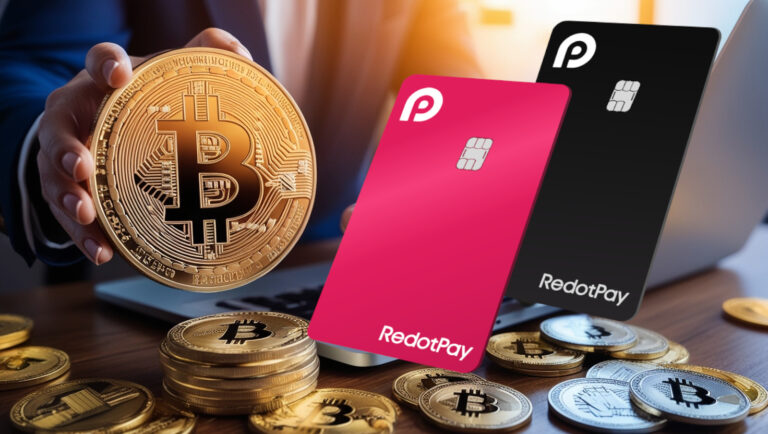What is Ethereum?

Ethereum is a decentralized blockchain platform that creates a peer-to-peer network for safely executing and validating smart contract application code. Participants can do business with one another using smart contracts without the need for a reliable central authority. Anyone may use Ethereum to develop any secure digital technology. There is a token built into it specifically for usage on the blockchain network, but users may also use it to pay for tasks done on the blockchain.
Participants have complete ownership and visibility over transaction data since transaction records are immutable, verifiable, and securely disseminated across the network. Ethereum accounts that users have created both send and receive transactions. As a cost of executing transactions on the network, a sender must sign transactions and use Ether, Ethereum’s native coin.
The development of smart contracts and decentralized applications, or “DAPPS,” is made possible by Ethereum, a distributed, open-source, and decentralized computing platform.
What are smart contracts?
Smart contracts are computer protocols that make the negotiation and execution of an agreement easier, more accurate, or more enforceable. A smart contract might, for example, be used to simulate the logic of a legal contract’s provisions or a financial contract that specifies counterparties’ obligations and automates value flows.
Once a smart contract is uploaded to Ethereum, it is available and used for the duration of Ethereum’s existence. Even the author is unable to remove it. Because they are automated, smart contracts are always available for usage and do not favor any one user.
Difference between Ethereum and Bitcoin
Ethereum, which was launched in 2015, builds on Bitcoin’s invention, but with some significant distinctions. Both allow you to utilize digital money without the need for payment providers or banks. However, because Ethereum is programmable, you may create and deploy decentralized apps on its network.
Because Ethereum can be programmed, you can create applications that use the blockchain to store data or set restrictions on what your application may do. This produces a blockchain that can be used for anything and is general purpose. Since there are no restrictions on what Ethereum can achieve, the Ethereum network may support significant innovation.
Ethereum is more like a marketplace of financial services, games, social networks, and other applications that respect your privacy and cannot censor you, in contrast to Bitcoin, which is only a payment network.
Although Bitcoin is the cryptocurrency that is most widely used, the Ethereum community wants to advance the project. The former is intended to be used as digital money, and it does it successfully. However, Bitcoin has several drawbacks. Some people think that this PoW network, which struggles to expand, is more of a store of value, akin to gold. Additionally, Bitcoin has a hard ceiling of 21 million coins, which strengthens that case.
However, Ethereum aims to replace the present internet infrastructure. Many procedures that currently call on middlemen, like utilizing an app store or consulting with fund managers, are going to be automated. Although it may be used to send money, ETH is most used to communicate with the network.
Ethereum 2.0
The Ethereum Network has undergone an upgrade called Ethereum 2.0, which increases the network’s speed, effectiveness, and scalability. As a result, the Ethereum network will be able to handle far more transactions, which will reduce congestion and expensive gas prices. When the update is complete, Ethereum will achieve her objectives of being an open and transparent network for decentralized apps and money (DeFi). The upgrade’s timeline is outlined in this article, along with significant economic changes that will result from the launch of a new ETH 2.0 coin.





